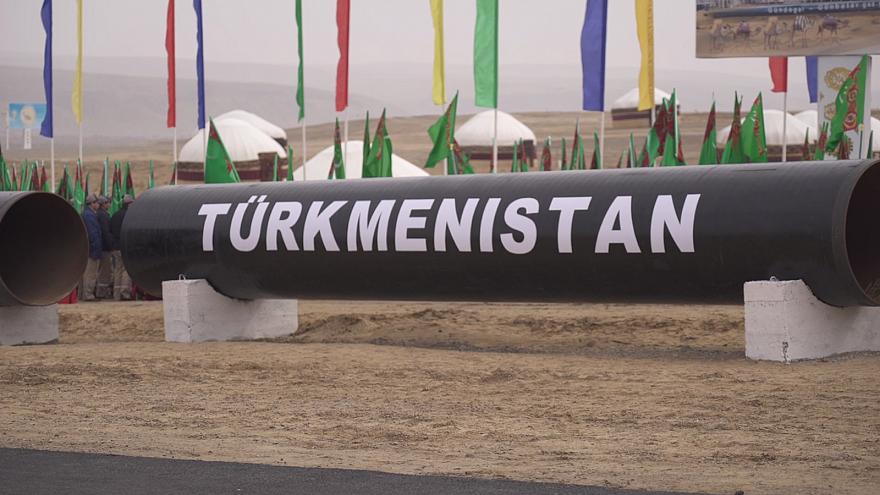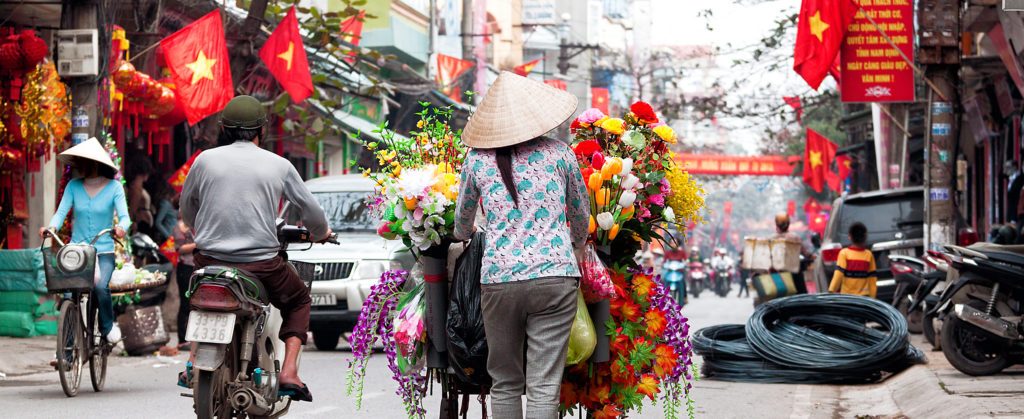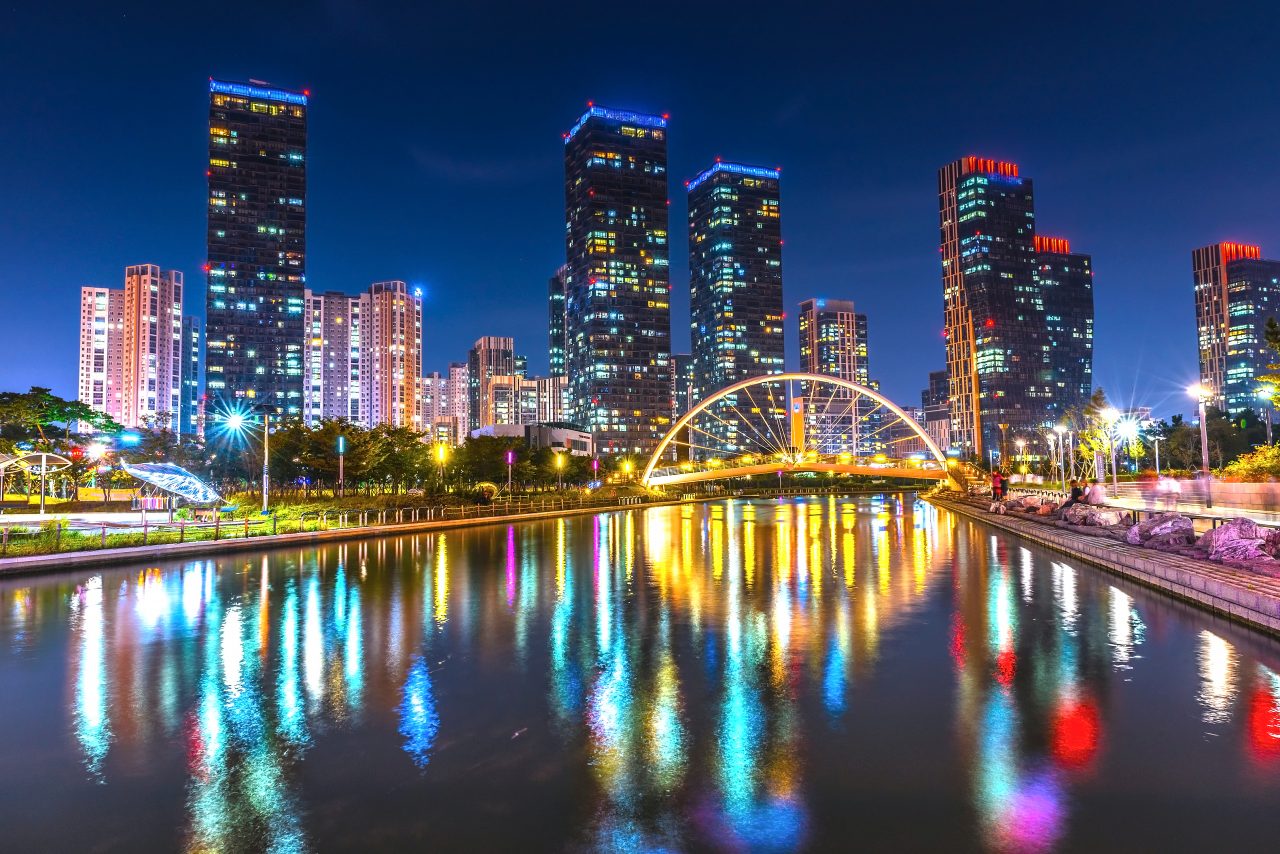Join GlobalBizzNetwork and start your international business network today.
Turkmenistan

The Karakum desert covers 80% of the country and it has the world’s fourth largest proven reserves of gas. Gas receipts initially allowed the Government to undertake a major development programme, transforming the capital, Ashgabat, the port of Turkmenbashi and the new Caspian tourist resort of Avaza. The fall in the world price of gas in 2014, the termination of gas supplies to Russia in 2016 and continued high levels of infrastructure expenditure led to a trade deficit of $5.6 billion in 2016. Gas supplies to Iran were cut in January 2017 in a dispute over pricing, further reducing income. The government has since sought to address this by a programme of diversification and by sharply reducing imports.
Turkmenistan is located in a strategically important region, bordering Afghanistan, Iran, Uzbekistan and Kazakhstan. It is bounded on the east by the Caspian Sea. It gained independence from the Soviet Union in 1991. The population is generally given as 5.8 million, but there is evidence that it has fallen substantially in recent years as people leave to find work, and may be as low as 4 million.
There are challenges to doing business in Turkmenistan. Decision-making is centralised at the highest level, in particular if a project has foreign involvement. This reflects poor experience in years after independence and a heightened concern to prevent foreign influence and interference, and the erosion of traditional Turkmen values.
There is an institutional mistrust of investment on terms which would attract foreign companies. The law does not adequately protect contracts, and can be changed by decree or ignored with impunity by vested interests. Both domestic and foreign businesses can be forced out of the market for specious, or undisclosed, reasons. It can be difficult to obtain payment for goods and to remit in-country profits, exacerbated by lack of foreign reserves. Foreign exchange accounts and international transfers require state approval.
There remain opportunities however. foreign companies are advised to work through a trusted local partner to manage bureaucratic and political hurdles. It is advisable to obtain payment for goods and services in advance, splitting larger projects into tranches for this purpose. Those who are successful have built up relations over many years, and, reflecting the hierarchical nature of Turkmen society, been prepared to engage at the most senior level in business negotiations.
Turkmenistan is not included in the World Bank’s Ease of Doing Business index because of the absence of reliable data.







